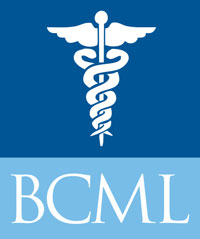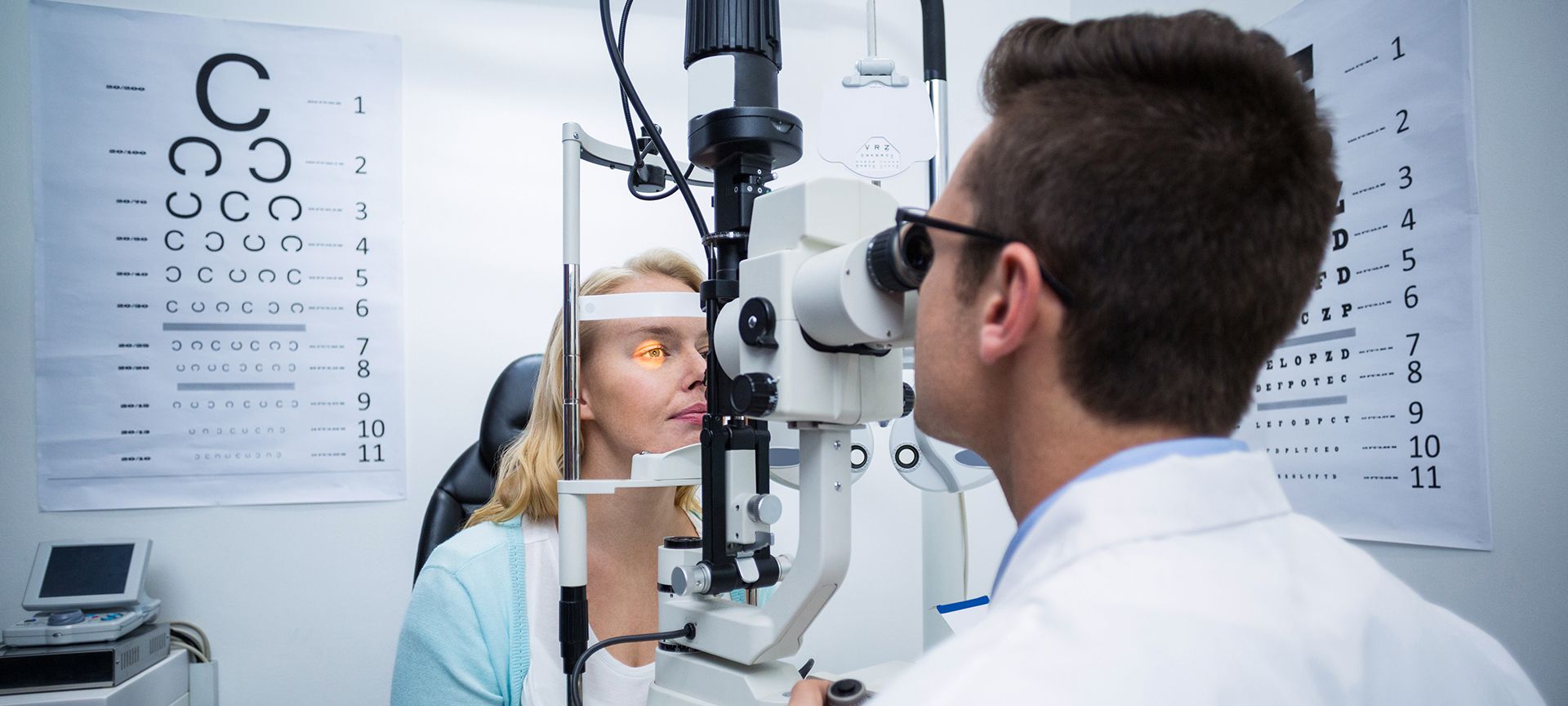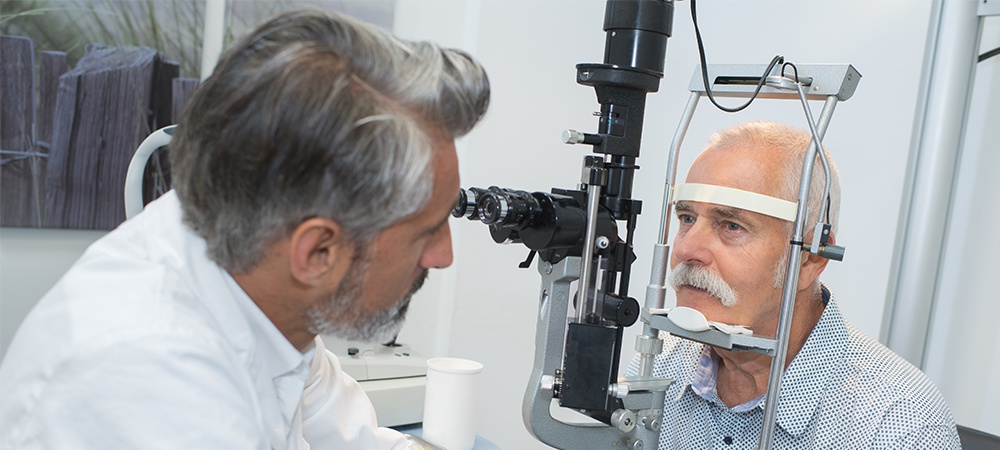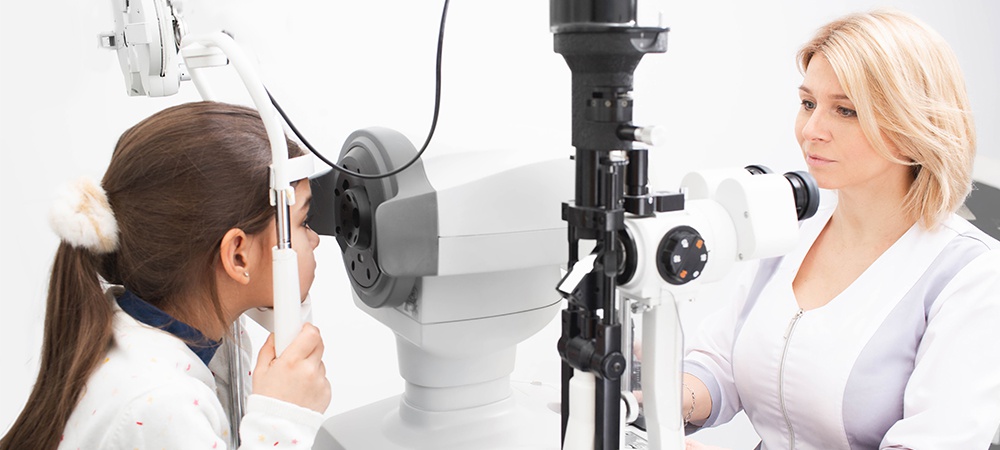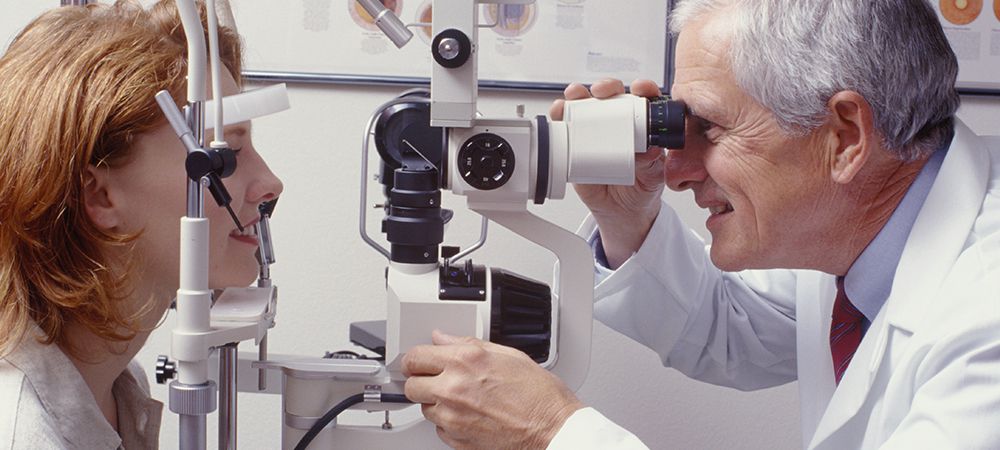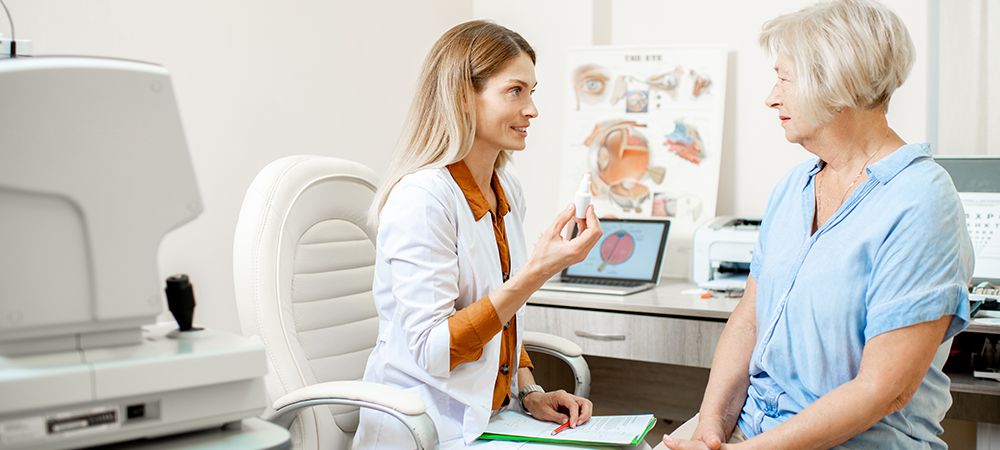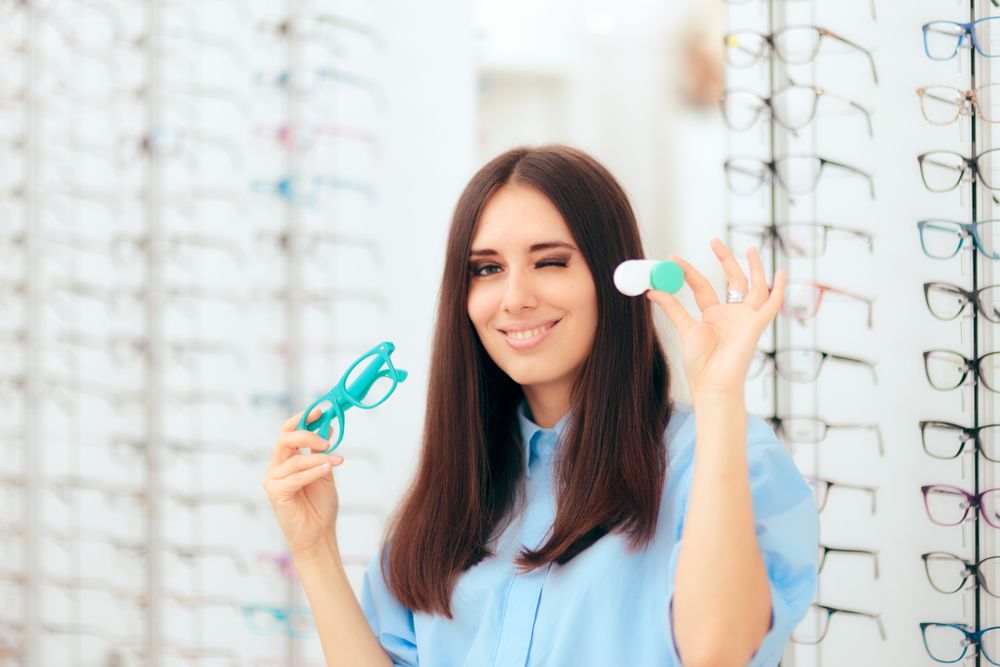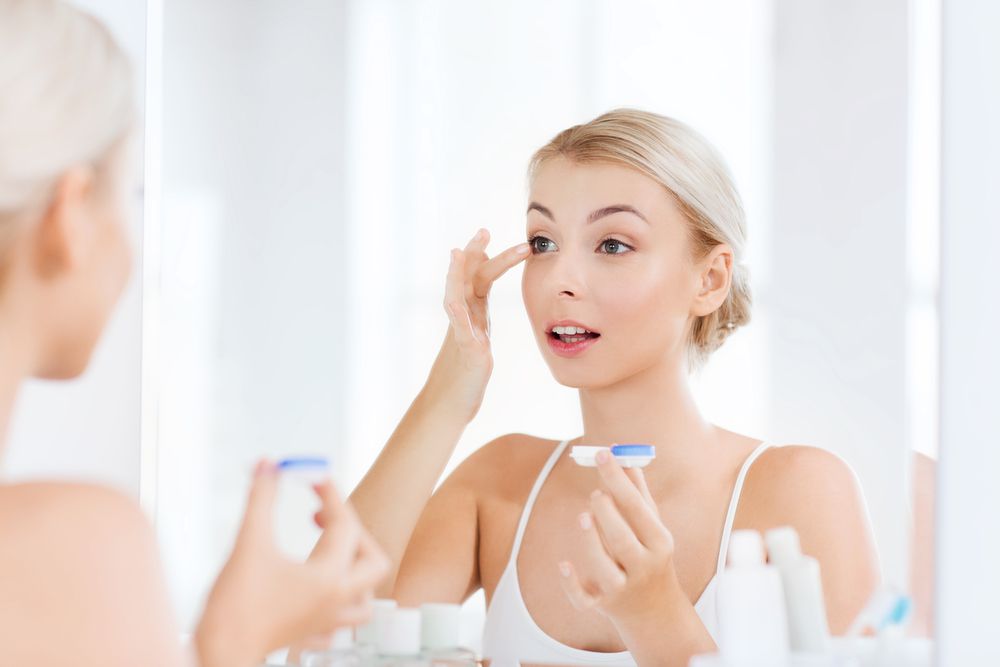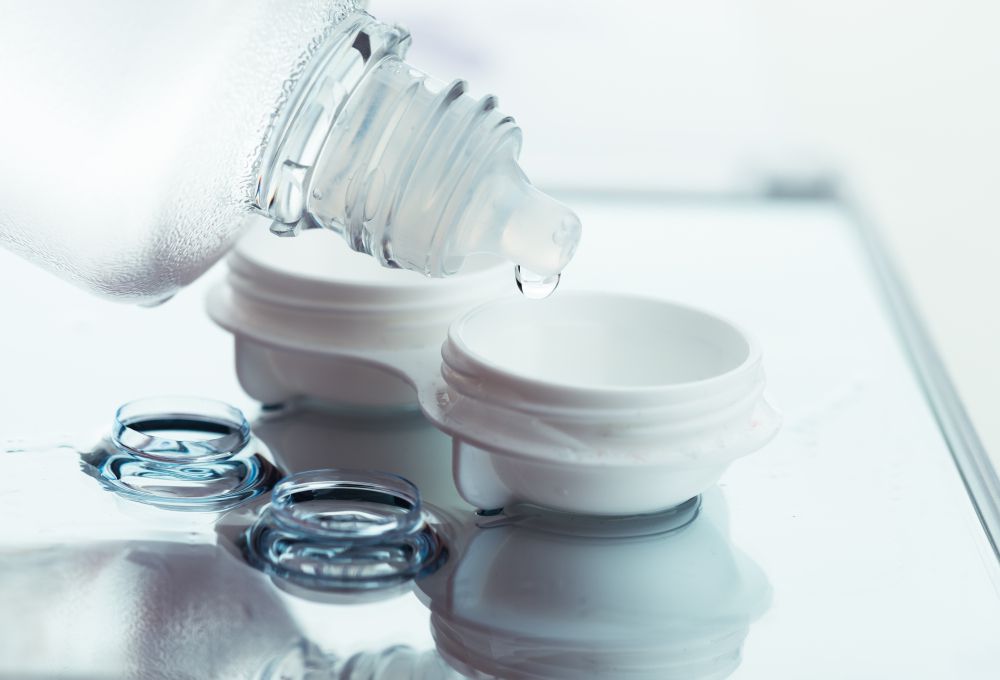Maintaining healthy vision is key to your overall well-being and quality of life. Our eyes allow us to experience life around us, and any impairment can significantly limit daily activities.
Therefore, it makes sense to take advantage of the benefits of regular optometry care for maintaining eye health. Optometry plays a key role through comprehensive eye exams, early detection of eye conditions, and vision care services.
Here’s how optometrists play an integral part in protecting and improving eyesight.
Regular Eye Exams as the Foundation of Vision Care
Optometrists recommend that individuals of all ages attend comprehensive eye examinations at least every two years or as directed by their eye care provider.
This comprehensive eye examination serves multiple purposes, including early detection of eye conditions, monitoring vision changes and overall assessment of overall eye health.
Through regular eye exams, your Toronto optometrist will assess various aspects of your vision, such as visual acuity, peripheral vision and depth perception.
Using advanced diagnostic eye care equipment and techniques, they will also evaluate structures within the eye, including the cornea, iris, lens and retina. This lets your optometrist spot potential issues quickly and facilitates prompt intervention and treatment plans.
Early Detection and Prevention of Eye Conditions
One of the primary advantages of regular eye exams is the early detection and prevention of eye conditions, including glaucoma, cataracts and macular degeneration.
Many eye diseases progress slowly without manifesting noticeable symptoms in their early stages. But optometrists are trained to recognize these diseases through thorough exams that allow early intervention and treatment options.
Optometrists also play a vital role in maintaining healthy eye vision through individualized eye care information. For instance, your optometrist can tell you how to take preventive steps for healthy vision based on your day-to-day.
They’ll provide advice regarding lifestyle choices such as wearing sunglasses to shield against harmful UV rays, eating a well-balanced diet with eye-healthy nutrients, and practicing good eye hygiene. These preventive measures can empower you to actively work toward protecting your vision.
Related Article: Understanding The Benefits Of Family Practice: Comprehensive Healthcare For All Ages
Prescribing Corrective Lenses to Achieve Vision Enhancement
Many individuals suffer from refractive errors such as myopia (nearsightedness), hyperopia (farsightedness), astigmatism or presbyopia (age-related vision changes).
Optometrists specialize in diagnosing such conditions and prescribing corrective lenses accordingly — whether glasses or contact lenses. One-to-one sessions with your optometrist will help identify which is most suited to address your eye defects based on visual needs and lifestyle considerations.
An optometrist helps you maintain healthy vision while prioritizing comfort and usability of corrective measures. Optometrists go far beyond simply offering corrective lenses; they can also guide you in selecting the best lens options.
For instance, optometrists consider factors like lens materials, coatings and designs, which enhance visual clarity while simultaneously reducing glare and providing UV protection.
Managing Common Eye Conditions
Beyond prescribing corrective lenses, optometrists are equipped to manage various common eye conditions. For example, dry eye syndrome affects thousands of people across Ontario and may lead to discomfort, redness and blurred vision.
Optometrists can diagnose the source of dry eye syndrome and suggest effective solutions such as artificial tears, lifestyle modifications or advanced therapies as treatments for this common ailment.
Optometrists are experts at diagnosing and managing eye allergies, conjunctivitis (pink eye), and other ocular surface conditions. They offer targeted treatments, suggest environmental modifications, and provide advice about eye care products to address them effectively.
By treating such common issues, an optometrist can ensure you enjoy comfortable and healthy eyes.
Related Article: Finding a Walk-In Clinic in Toronto: A Guide to Convenient and Affordable Healthcare
Final Thoughts
Optometry plays an invaluable role in maintaining healthy vision through the early detection of eye conditions and the prescription of corrective lenses for those suffering from common conditions.
Lockwood Clinic provides professional optometric care in Toronto and beyond, including vision care services to preserve and enhance your vision.
Let our skilled optometrists take the stress out of optometry with comprehensive eye exams designed to promote eye health and visual wellness. Book one now to begin a journey toward optimal eye health and visual well-being!
